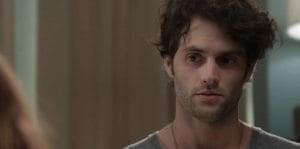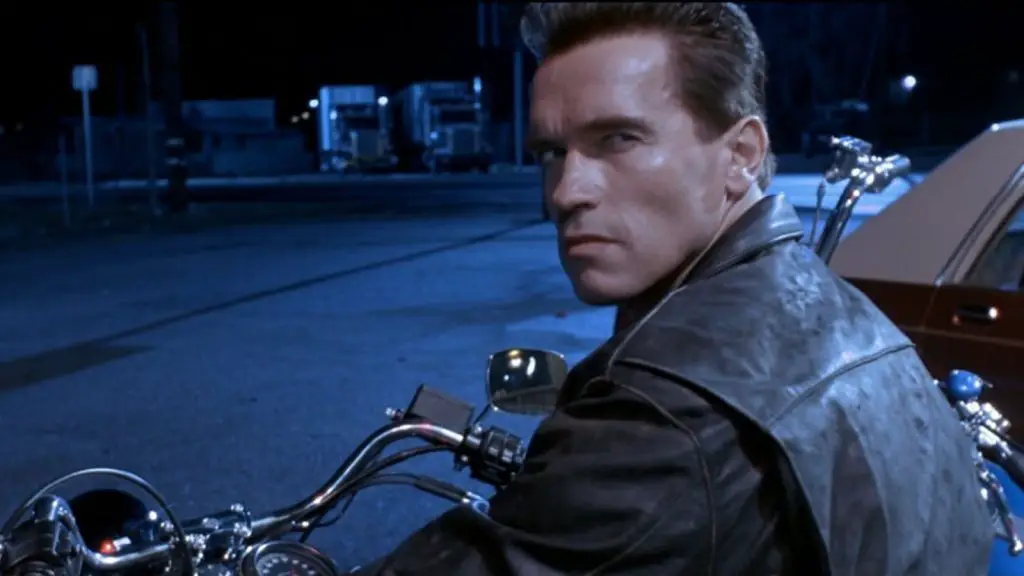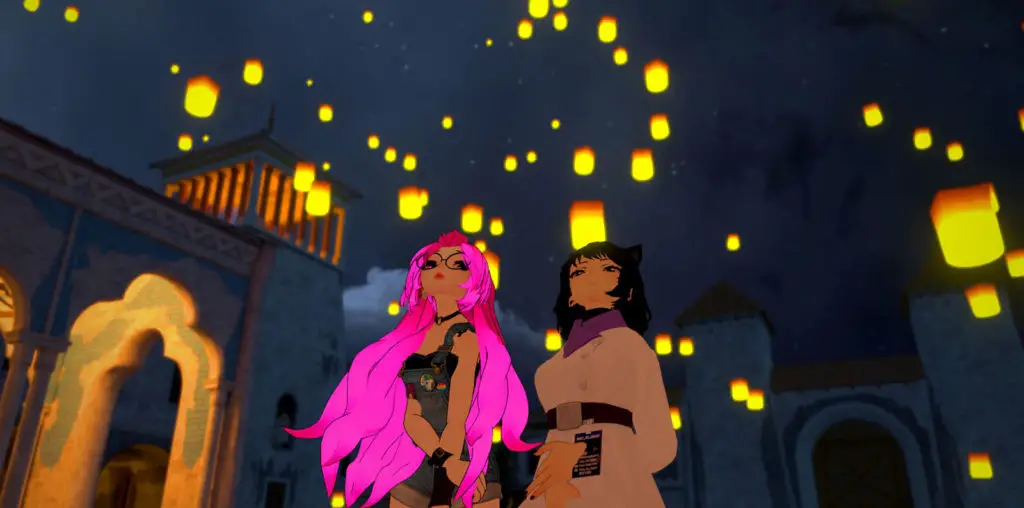
Considering that the vast majority of people who write, direct, and produce movies hold college degrees, it’s a little bit surprising – and disappointing – how infrequently the world of higher education and its attendant complexities are addressed onscreen in any kind of substantive way.
It’s not that films don’t regularly take college students as their characters and college campuses as their settings, but most often, the milieu of academia is shifted pretty far onto the sidelines in the crass comedies, sentimental romances, or more broadly focused dramas (say, The Social Network or Good Will Hunting) that most viewers would think of as “college movies”.
And, yes, it’s probably true that anyone who’s spent time pinging around the echo chambers of higher education runs the risk of navel-gazing or pretentiousness in making a film about the experience – things like heated intellectual discussions, the day-to-day minutia of student/professor relationships, and issues of academic integrity don’t easily lend themselves to cinematic treatment. But, in the right hands – specifically, those of filmmakers capable trusting their audience’s intelligence and who aren’t just out to show off all the fancy book-learnin’ they did during their own college days – a thoughtful, character-focused, genuinely inquisitive movie can undoubtedly be made about those topics.
The Paper Store is that movie, and it’s excellent.

“…contracts Annalee to be his full-time essay ghostwriter for the…courses of pompous “wanker” professor…”
The film – adapted by director Nicholas Gray and his wife, Katharine Clark Gray, from Clark Gray’s play, 516 – is a scathingly perceptive exploration of academic culture with a keen focus on the pressures, desires, and ethical predicaments imposed on both students and faculty. That might sound dry on the surface, but The Paper Store‘s treatment of the material turns out to be anything but – with its rat-a-tat dialogue, fiercely appealing leads, and lively sense of pacing, it feels like a course taught by the hippest, wittiest, most incisive professor you’ve ever had.
Stef Dawson and Penn Badgley star as the on-again/off-again associates/nemeses/lovers at the film’s center. She’s Annalee, a brilliant college dropout who, lacking enough money to remain enrolled, has spent the last few years making a living selling essays to more financially well-off students who are either too lazy or too dimwitted to submit work of their own; Annalee, all by herself, is the so-called “paper store” of the title. He’s Sigurd, a roguishly charming grad student who contracts Annalee to be his full-time essay ghostwriter for the Media Studies courses of pompous “wanker” adjunct professor Marty Kane (Richard Kind), which Sigurd has been forced to complete while he works on his Master’s thesis.
Between all three of those characters – each harboring their own motivations both explicit and concealed, and none with many qualms about deceiving the others – allegiances and enmities are in a constant state of flux, and part of the film’s intrigue from scene to scene arises simply from attempting to discern who is actually cheating or plotting revenge against who else at any given point. It’s rare to see characters who are this smart pushing one another’s buttons with the brutal efficiency that Annalee, Sigurd, and even Kane can manage, and with the way that both confrontations and quiet moments can suddenly turn on a dime, one can almost never predict whether a scene will end with a kiss, a handshake, or a slap in the face.

“…fluidly ebbing and flowing from lighthearted observational comedy to stinging character drama…”
The movie itself is mercurial like that, too, fluidly ebbing and flowing from lighthearted observational comedy to stinging character drama to inside-baseball satire and back again without ever losing sight of its intertwined themes of dishonesty, ambition, and intellectual curiosity. That mixture of tones – coupled with the characters’ discussions of everything from the films of David Cronenberg to the moral underpinnings of The Simpsons to the variety of scents of Little Trees air fresheners – rarely gives viewers a chance to catch their breath as The Paper Store‘s hyper-literate script continues to provide intriguing observations and references for them to chew on. It’s a movie that has a lot to say – for some, indeed, probably far too much – and it demands that its audience keep up with its whip-smart takes on education, pop culture, relationships, and so on.
For his part, director Gray displays a real deftness for staging and cutting dialogue scenes to keep the conversations forceful and dynamic; the minor details he includes in-frame, such as the notes on Kane’s classroom whiteboard and Annalee’s choice of extracurricular reading material feels spot-on, as well. Australian-born Dawson, a supporting player in the Hunger Games franchise, is utterly convincing in portraying Annalee as something much deeper than simply a hard-bitten brainiac; the interplay between her striking intelligence and her emotional volatility is often thrilling to observe (Dawson’s American accent is no distraction, either). Badgley and Kind, both seasoned performers instantly recognizable for their network TV credits (in, respectively, Gossip Girl and Mad About You) pull their weight, as well, navigating the screenplay’s emotional switchbacks and scholarly verbal jousting with ease throughout.
In fact, the only substantial criticism of The Paper Store is that it’s something of a niche movie, one that likely requires viewers to have some significant experience and interest in the academic environment (if not necessarily a degree, as the film is keen to point out) to fully absorb and, indeed, enjoy it. That’s probably the reason why not a lot of movies like this one exist, but for the relatively few of us who are likely to seek it out, The Paper Store is something to be very, very grateful for.

The Paper Store (2017) Directed by Nicholas Gray. Written by Nicholas Gray and Katharine Clark Gray. Starring Stef Dawson, Penn Badgley, Richard Kind, Clifton Dunn, Caitlin Mehner, Kenton Cummings.
9 out of 10


